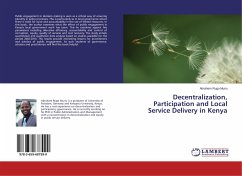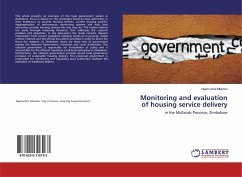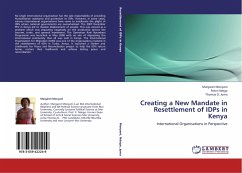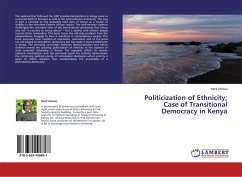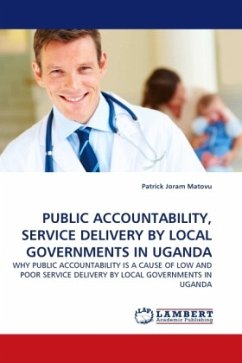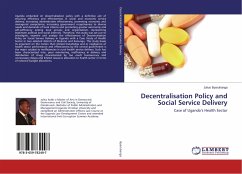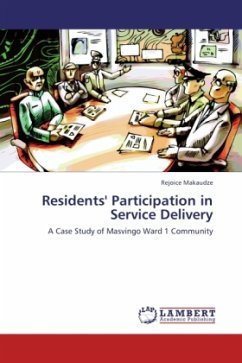Public engagement in decision making is seen as a critical way of ensuring plurality in policy processes. This is particularly so in local governance where there is need for voice and accountability in the use of limited resources. In this book, the author examines what the effect of public engagement in Kenya's local government work has been. This he examines against five parameters including allocative efficiency, accountability and control of corruption, equity, quality of services and cost recovery. The study entails quantitative and qualitative data analysis based on studies available for the period 2002-2010. The results provide interesting lessons for practitioners and scholars of public engagement. As such students of governance, scholars and practitioners will find the book helpful.
Bitte wählen Sie Ihr Anliegen aus.
Rechnungen
Retourenschein anfordern
Bestellstatus
Storno

